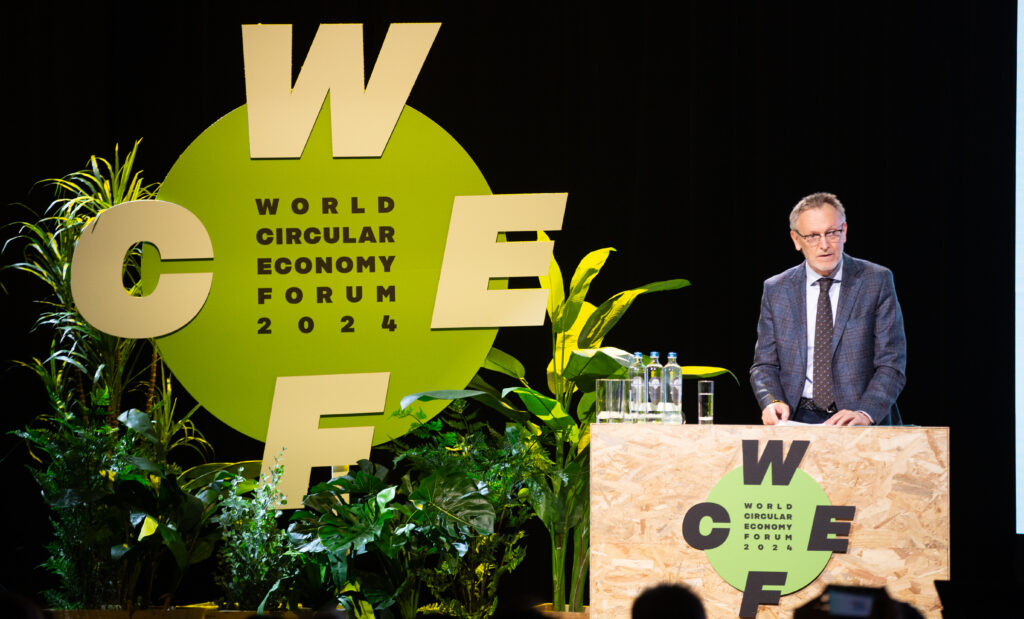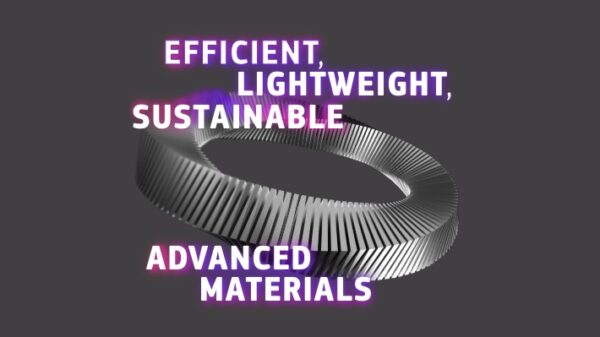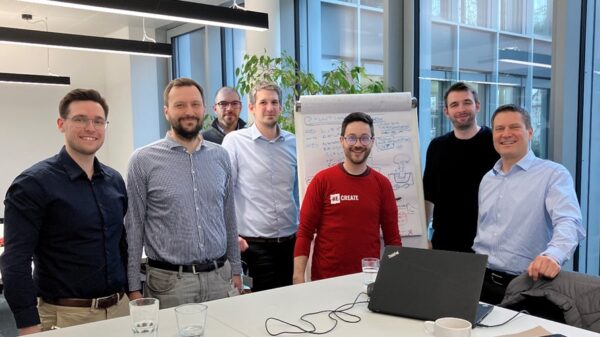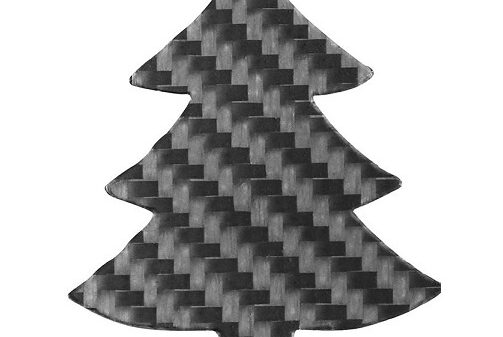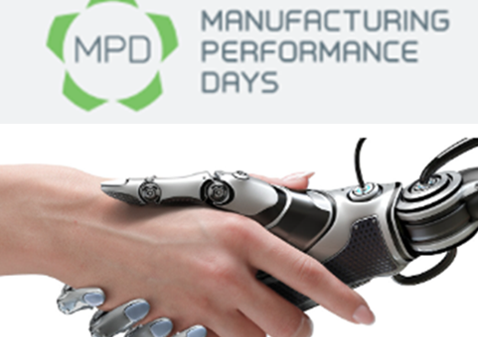This year’s World Circular Economy Forum once more kicked off with an opening keynote speech by Janez Potočnik, former EC Commissioner for the Environment and Co-Chair of the International Resource Panel. The Finnish innovation agency SITRA, organiser of the WCEF and the Belgian Presidency agreed to host it in Brussels and bland it with the annual appointment of the EU CE Stakeholder Platform. Warnings about continuous extraction policies and insufficient decisiveness in the implementation of the EU Circular Economy Action Plan have been pervading the atmosphere in several sessions. And the lack of profound understanding of circularity has often been cited as a major obstacle.
Little was new, besides the notion that the World is still firmly moving in the wrong direction and that it would take much more coordinated effort to transit away from the linear, exhaustive socio-economic model. This year’s Circle Economy’s Circularity Gap shows that the World is only 7.2% circular, which represents a further decrease from previous year.
Markets for secondary materials are picking up too slowly. Or rephrasing it from the emphasis made by Potočnik, circularity is in the core of our challenge to mitigate climate crisis, resource exhaustion ad biodiversity loss, but we still mostly consider it as an option for how to approach the most compelling civilisational issue of all times, perhaps, one day in the future.
In other words, why are we not taxing waste and why extraction practices, including the consumption of fossil fuels are still subsidised even in times of geopolitical crises, such as the one caused by the Russia’s attack on Ukraine?

